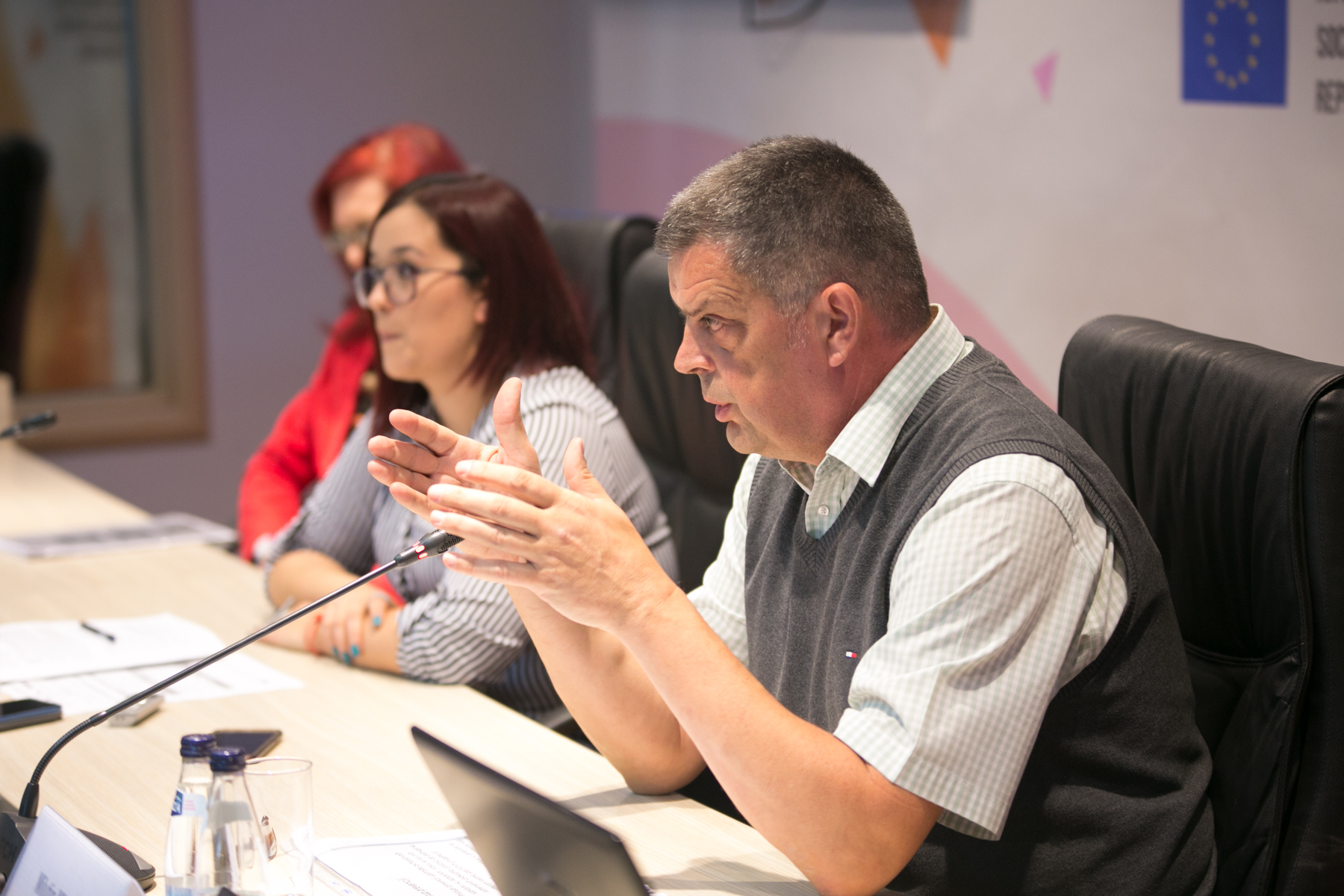We got a comprehensive information about activities of our member organisation Juventas from Montenegro about their activities on coronavirus outbreak. Here it is:
The services we deliver to persons using/injecting drugs, persons providing sexual services and ex-prisoners, although under different circumstances, are still functioning, along with new Corona preventive measures to protect staff and clients introduced:
 These are:
These are:
- Distribution and exchange of safe injection equipment (syringes, needles, cookers, medical alcohol, elastic tourniquets, …) in Drop in centres and during outreach
- Distribution of free condoms and lubricants in Drop in centres and during outreach
- Service of washing and drying of laundry and garments (on a regular basis, but now even more so as a part of measures preventing the spread of Corona virus)
- Online and phone counselling with outreach and expert workers (doctor, psychologist, social worker)
- Delivering food packages for the ones most economically challenged (once per week, quantity for 7 days)
According to measures issued by the Government, all external partners/associates are forbidden to provide additional services in prison. On the other hand, we are supporting the work of this institution by providing materials for in prison tailoring of protective masks throughout the framework of a project we have.
We also deliver services to the LGBTIQ community in cooperation and synergy with activities of community led organizations NGO Queer Montenegro, LBTQ Women’s Association “Stana, and Trans/Gender Variant persons’ Association “Spectra”.
All the services that we deliver to the LGBTIQ community are the following:
- Distribution of free condoms and lubricants – NGO Juventas
- Online and phone counselling with outreach and expert workers (doctor, psychologist, social worker) – NGO Juventas
- Service of washing and drying of laundry and garments (on a regular basis, but now even more so as a part of measures preventing the spread of Corona virus) – NGO Juventas
- Delivering food packages for the ones most economically challenged (once per week, quantity for 7 days) – NGO Juventas and NGO Queer Montenegro
- Peer online and phone individual and group counselling and support – NGO Queer Montenegro
- Free legal aid – NGO Queer Montenegro
- Peer online and phone individual and group counselling and support for LBTQ women – LBTQ Women’s Association “Stana”
- Online self – support group for trans and gender variant persons- Association “Spectra”
- Individual online and phone consultations for trans and gender variant persons – Association “Spectra”
 All communication (online/phone/in person with all preventive measures in place) is being instigated by our outreach and expert workers and completely needs focused.
All communication (online/phone/in person with all preventive measures in place) is being instigated by our outreach and expert workers and completely needs focused.
Online communication with all our communities is being done via social networks (Facebook, Instagram and Twitter) and different other social application platforms like Viber, Whats App, Skype and a new app called Houseparty that provides different social games next to persons involved being able to converse.
It is important to mention that staff members’ phone numbers are published and visible on all these platforms. Also, we have prepared detailed specific guidelines for our team and our clients. Together with partners, we have been advocating for protection and human rights of all communities we are working with from the beginning of the epidemics.
Read more at their website following this link>>>

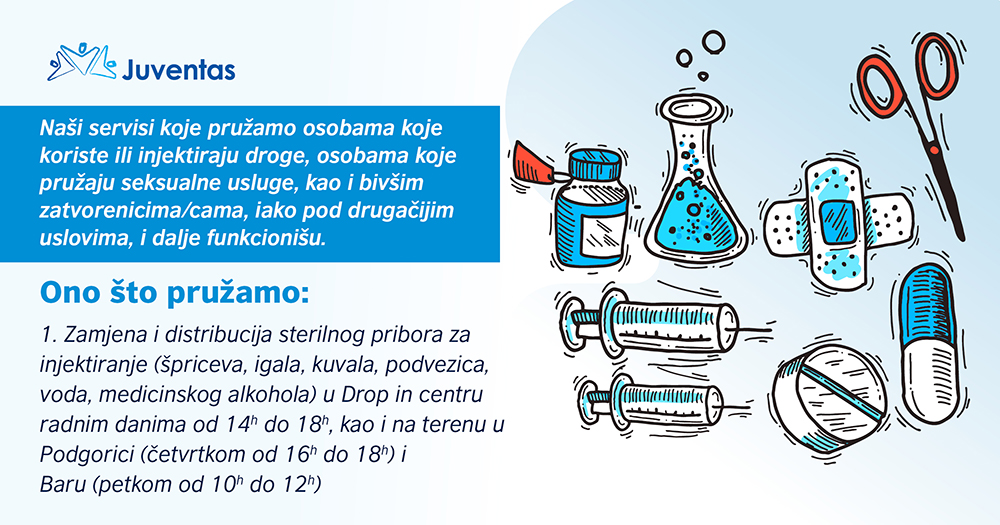

 To download the Glossary in Montenegrin,
To download the Glossary in Montenegrin, 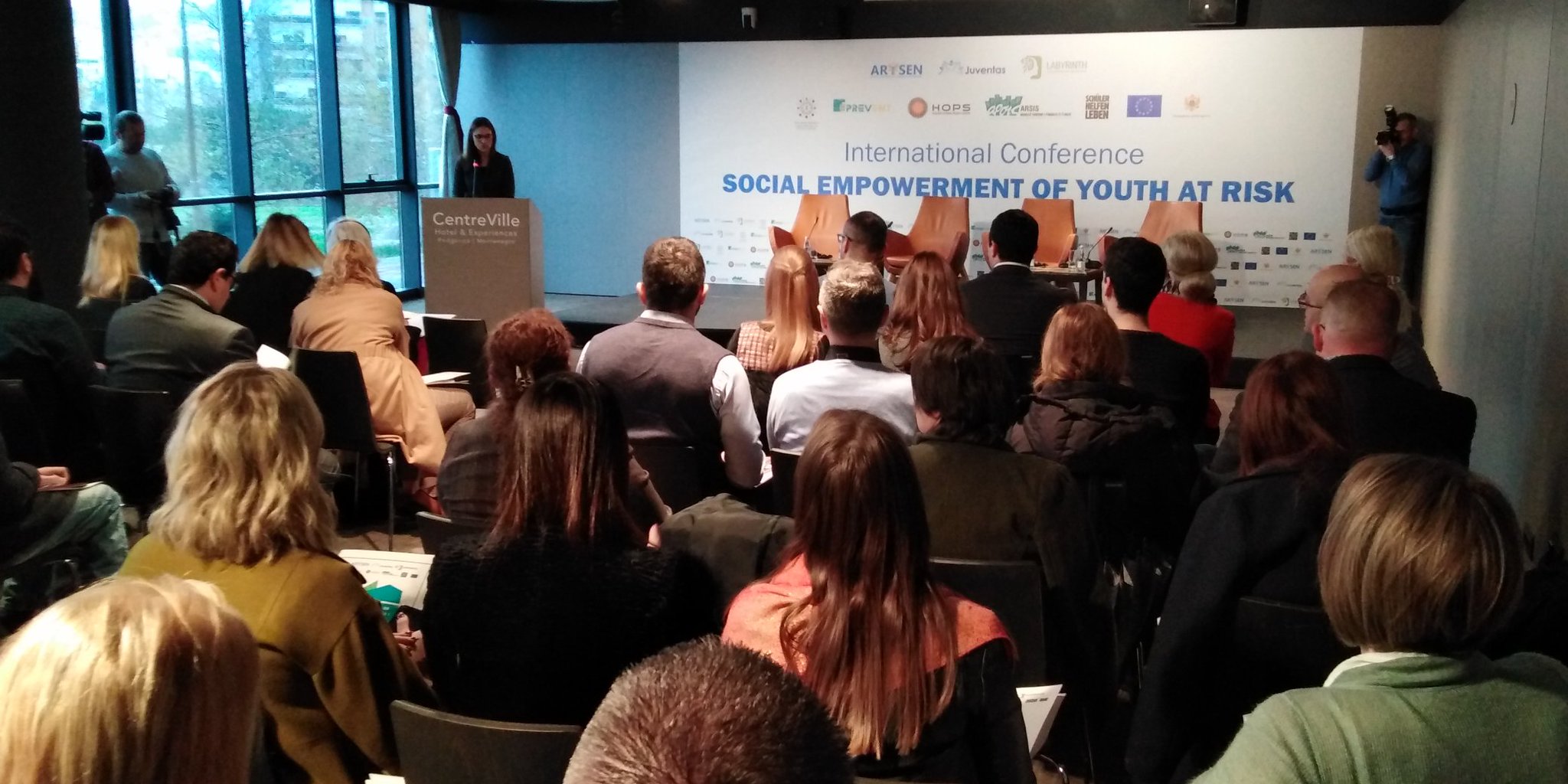

 The conference gathered policy officials, researchers, service providers, civil society activists and members of the academia from the region of Western Balkan and Europe to discuss current social position of different youth at risk categories and main obstacles for better social integration. Guests and speakers included Nikola Janović, Minister of Sports and Youth, Government of Montenegro and representatives of the ministries of Health, Education, Justice and Labour and Social Welfare, Fiona McCluney, resident coordinator, UN system Montenegro, Michaela Bauer, UNICEF’s Deputy Representative for Montenegro and Ana Margarida Tome De Freitas Mariguesa, European Delegation to Montenegro, among others.
The conference gathered policy officials, researchers, service providers, civil society activists and members of the academia from the region of Western Balkan and Europe to discuss current social position of different youth at risk categories and main obstacles for better social integration. Guests and speakers included Nikola Janović, Minister of Sports and Youth, Government of Montenegro and representatives of the ministries of Health, Education, Justice and Labour and Social Welfare, Fiona McCluney, resident coordinator, UN system Montenegro, Michaela Bauer, UNICEF’s Deputy Representative for Montenegro and Ana Margarida Tome De Freitas Mariguesa, European Delegation to Montenegro, among others.
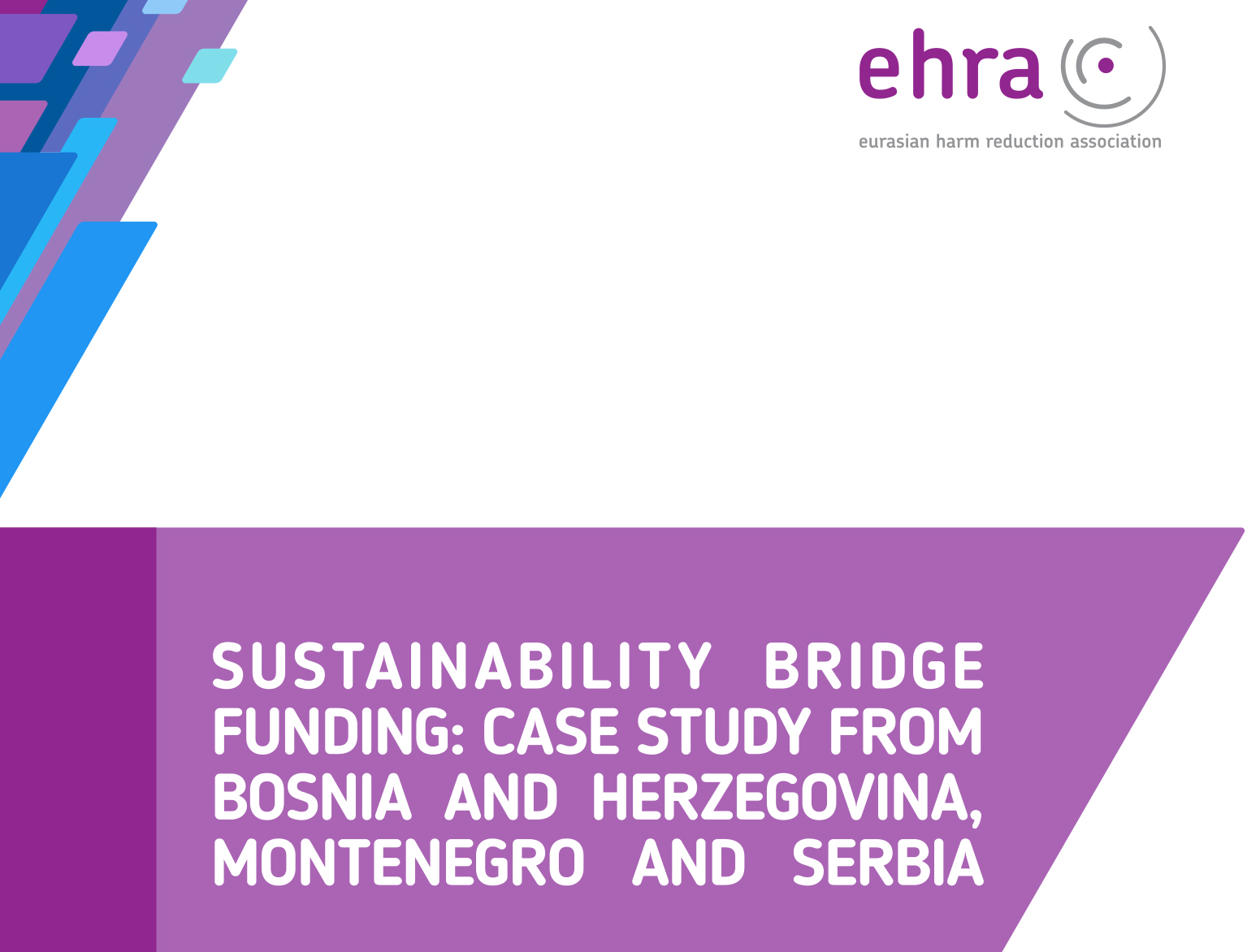
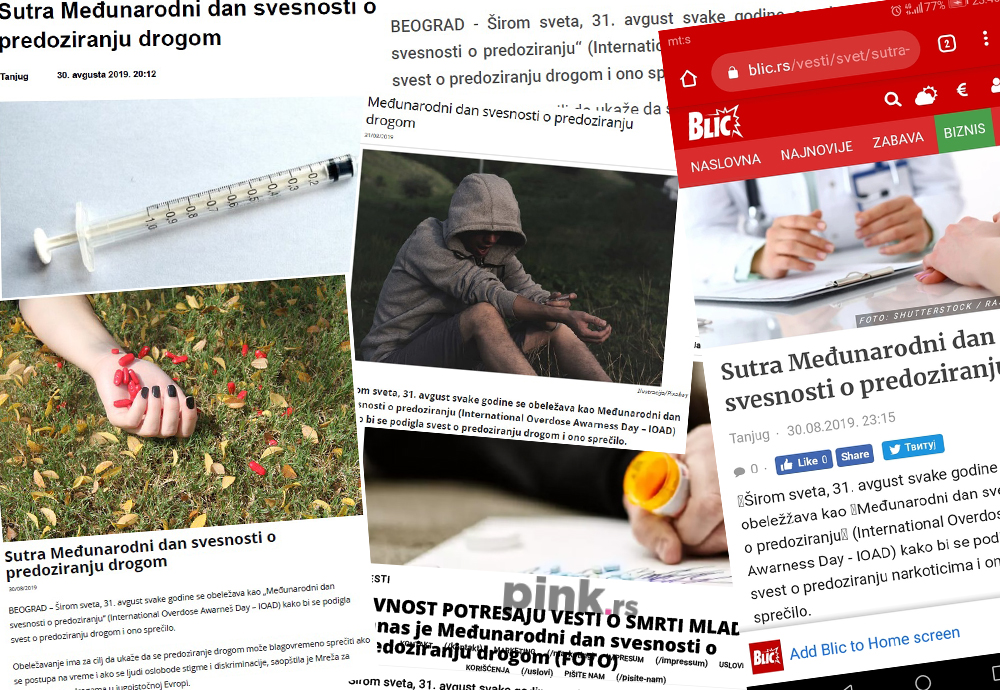
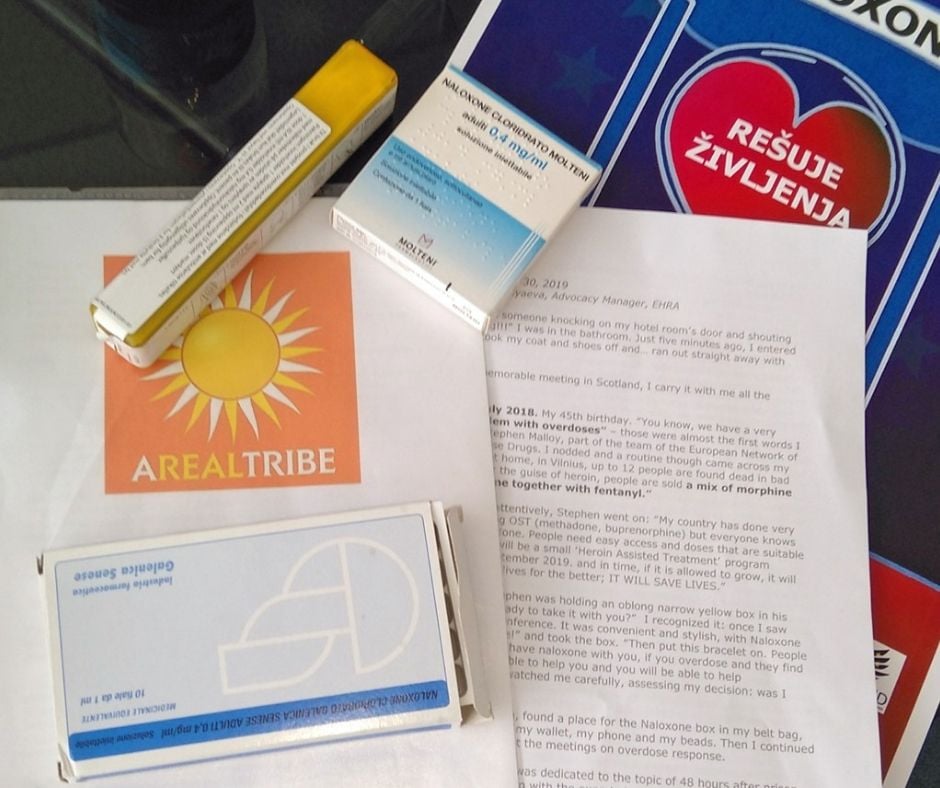

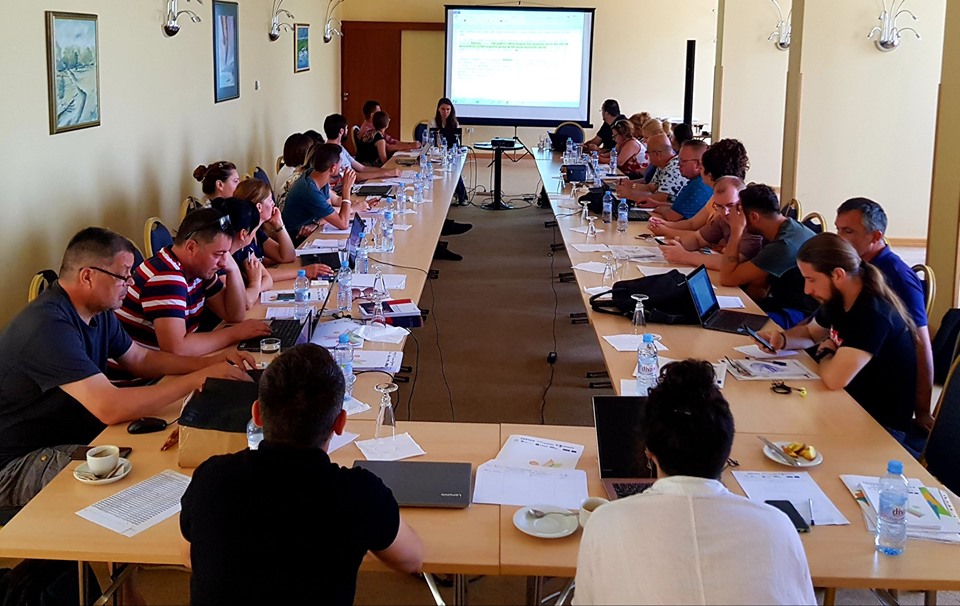
 Within the project “Strengthening young people at risk of social exclusion“, a regional training of the
Within the project “Strengthening young people at risk of social exclusion“, a regional training of the 
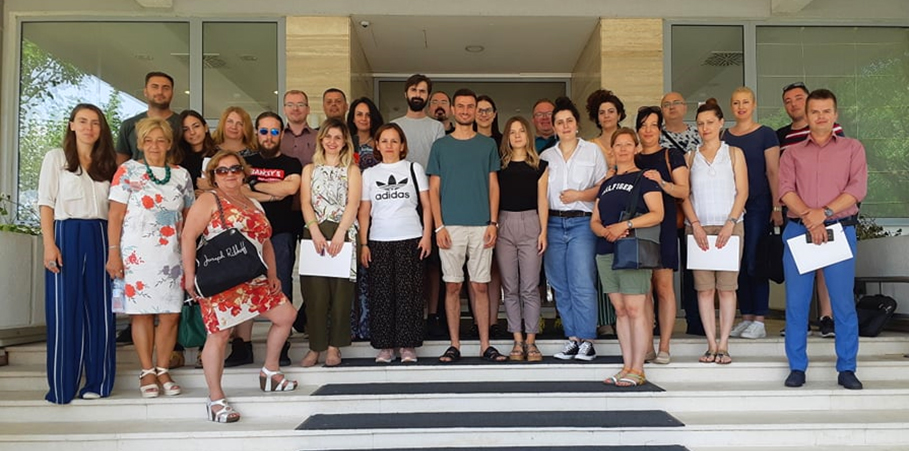



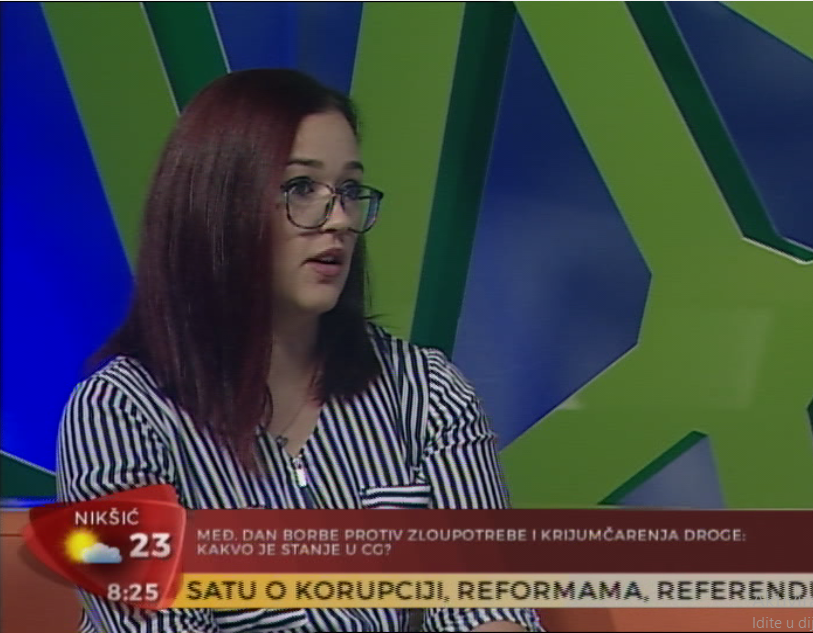

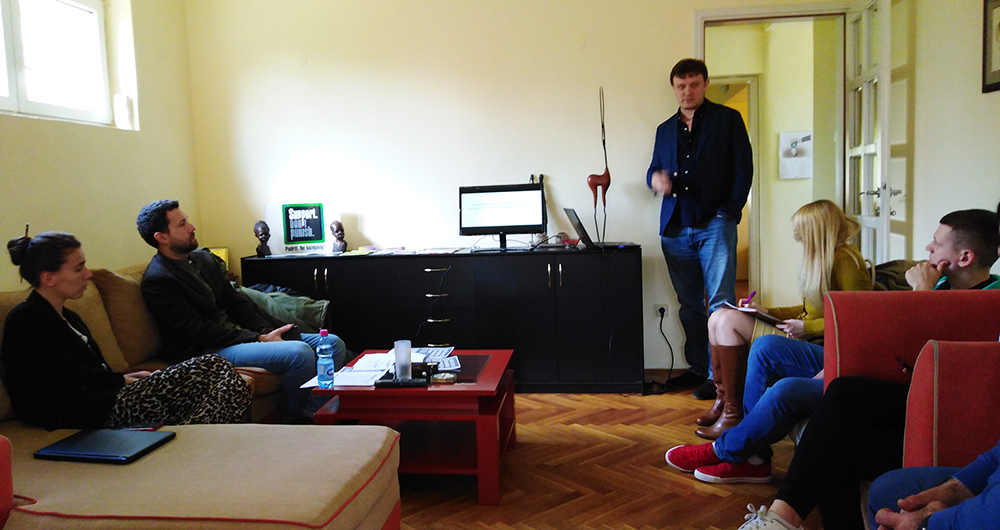
 EHRA representatives had an opportunity to meet with representatives of the national coordinator organisations
EHRA representatives had an opportunity to meet with representatives of the national coordinator organisations 

